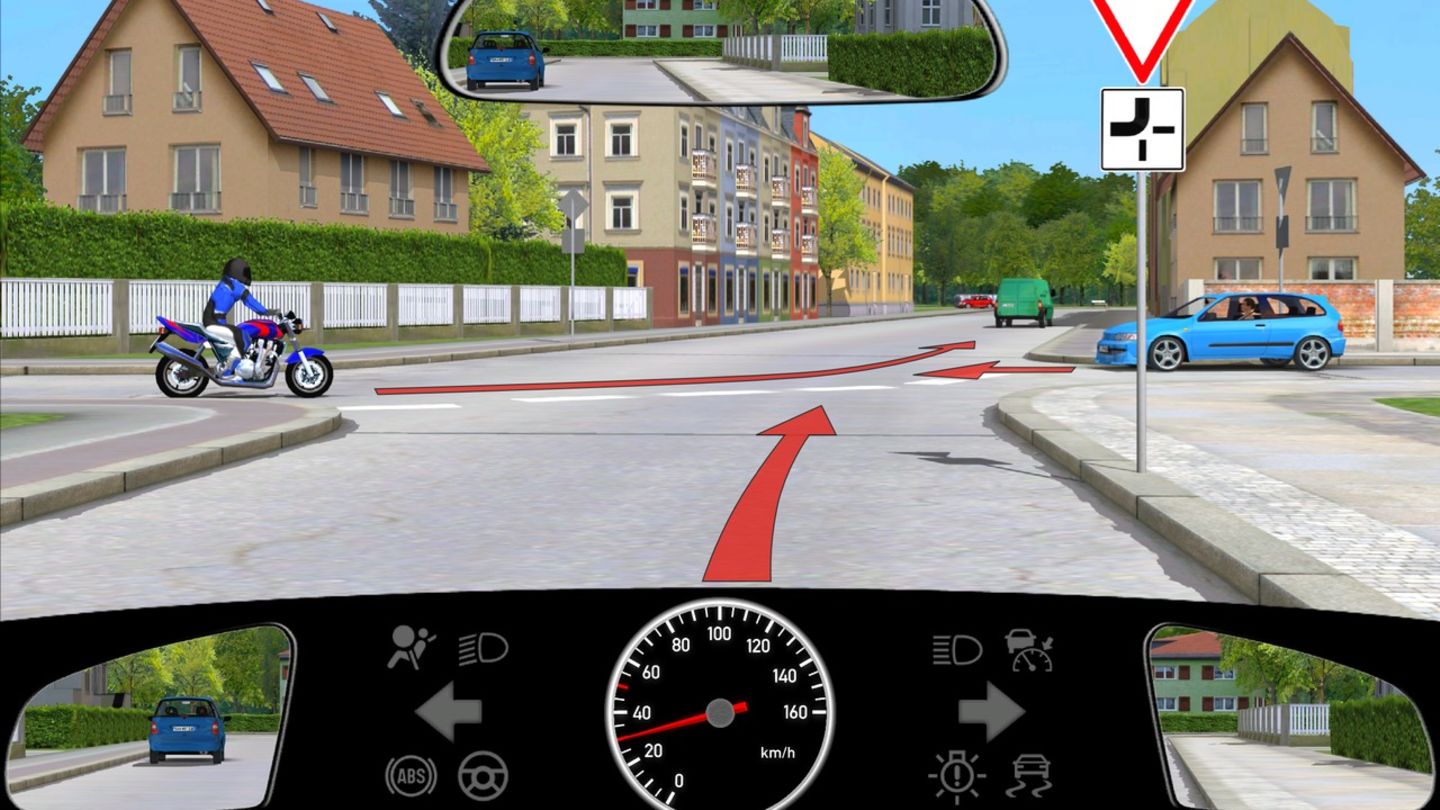80 injured in a few hours – after the serious unrest, the Euro-Atlantic community is trying to limit the damage. For the time being, however, there is no sign of a solution in Kosovo.
After the recent riots in Kosovo, NATO is increasing its troop presence there. “We have decided to send 700 more soldiers from the operational reserve for the western Balkans,” said Secretary General Jens Stoltenberg on Tuesday evening at a press conference in the Norwegian capital Oslo.
In addition, another battalion with reserve forces will be put on a higher operational readiness level so that it can also be relocated quickly if necessary. Stoltenberg did not give any figures on this. A battalion usually consists of several hundred soldiers.
30 soldiers and more than 50 Serbs injured
Serious riots broke out in the Serb-populated north of Kosovo on Monday. Militant Serbs attacked KFOR troops with incendiary devices and stones in the village of Zvecan. They used tear gas and stun grenades. 30 Italian and Hungarian soldiers and more than 50 Serbs were injured.
The Serbs in northern Kosovo have been protesting for days against the appointment of new mayors in three municipalities. Kosovo, which is now almost exclusively inhabited by Albanians, declared its independence in 2008. To this day, Serbia has not recognized this step and is demanding the return of its former province.
“Acts of violence against citizens, against the media, against law enforcement agencies and KFOR troops are absolutely unacceptable,” EU foreign policy chief Josep Borrell said in Brussels on Tuesday. They led “to a very dangerous situation”. Both parties must immediately do everything possible to de-escalate and restore calm.
There had already been unrest in Zvecan last Friday when the Kosovan police escorted the new mayor to the municipal office. KFOR troops eventually took the place of the Kosovo Police to secure government buildings in northern Kosovo. In Zvecan, the situation escalated on Monday when KFOR units began to disperse the violent crowd.
EU representatives and the foreign ministries of five Western countries, including Germany, had already condemned the action taken by the Kosovo police in Zvecan on Friday. According to them, the Prime Minister of Kosova, Albin Kurti, unnecessarily aggravated the situation.
Kurti, in turn, blamed neighboring Serbia for the unrest. Most of the demonstrators in the north are “a bunch of extremists under the guidance of the official Belgrade,” he said late Monday evening, according to his office, in a conversation with the ambassadors of the five western countries.
EU chief diplomat Borrell called on the Kosovan authorities on Tuesday to end police operations in the north of the country. He demanded that the militant Serbs withdraw. “We already have too much violence in Europe. We cannot afford another conflict,” he said. Borrell is currently trying to mediate between the governments of Serbia and Kosovo.
Serbs demonstrate again
Tuesday was quiet in northern Kosovo. Several thousand Serbs demonstrated in the towns of Zvecan, Leposavic and Zubin Potok against the new mayors, who come from the Albanian ethnic group, taking office. They had been elected the previous month, with almost all Serbs boycotting the municipal elections, which is why turnout was below four percent.
In 1999, after a NATO intervention against Serbia, KFOR invaded Kosovo with around 50,000 men. Due to a mandate from the UN Security Council, she is responsible for ensuring security in the country. Today it still has around 3,800 soldiers, most of whom come from Italy, the USA, Hungary and Turkey. Germany is still taking part in the KFOR mission with about 70 soldiers.
Source: Stern
I have been working in the news industry for over 6 years, first as a reporter and now as an editor. I have covered politics extensively, and my work has appeared in major newspapers and online news outlets around the world. In addition to my writing, I also contribute regularly to 24 Hours World.




